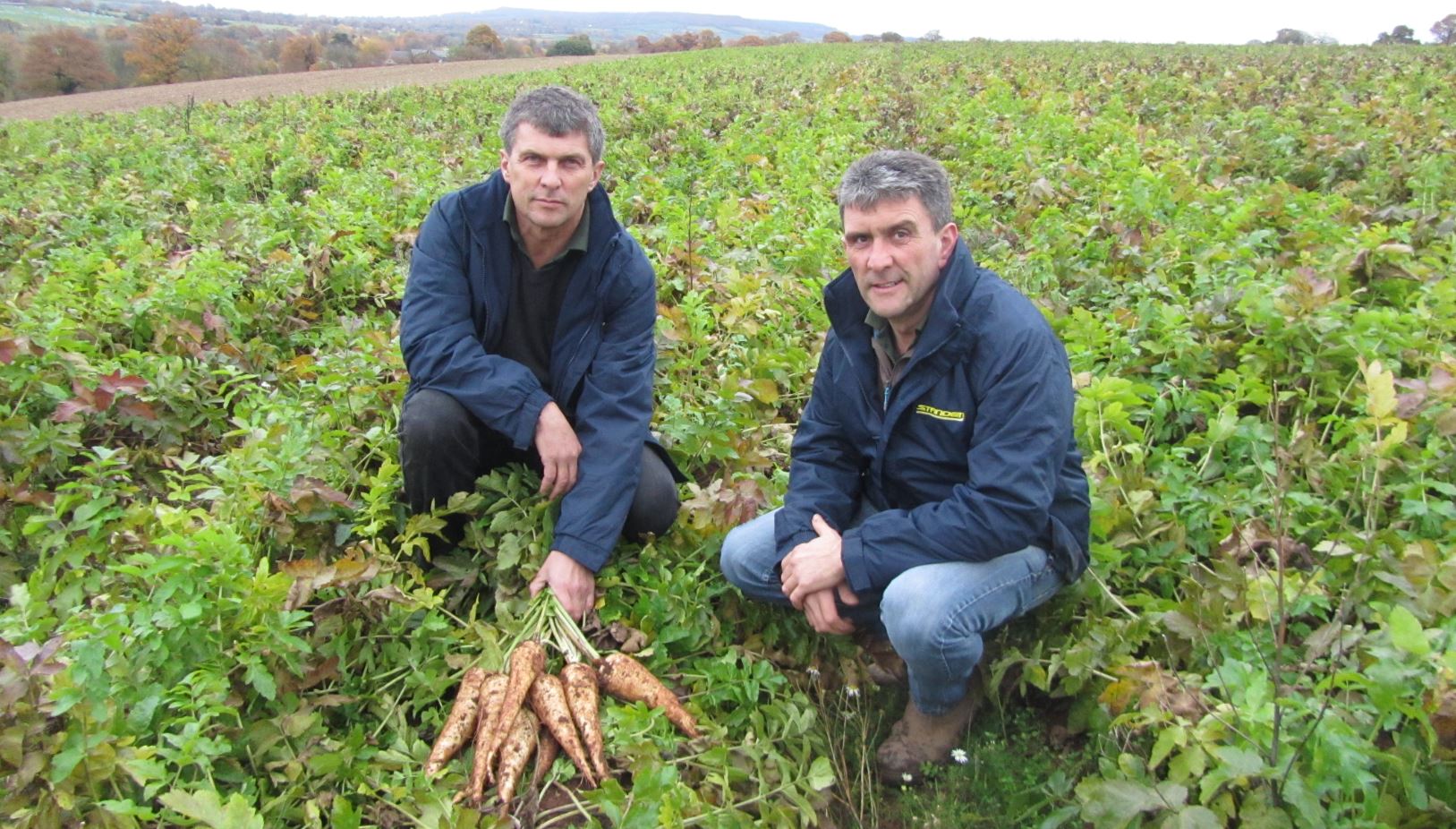With the last Jerusalem artichokes out of the ground, the order of most days in February is workshop repairs on all the planting and harvesting equipment, and planning for next year’s crops. The spring creeps up on us very quickly. We’re busy making sure everything is ready to start planting potatoes at the beginning of March. Our sandier land is perfect for early bakers – it drains easily, coping well with the rain. The ever-popular King Edward potatoes always take the prime spot on the farm; Christmas is the FA Cup of roast dinners, and it’s amazing to think our spuds are being eaten at that most important meal.
Planting is one of our favourite parts of the year – there’s always a feeling of hope and optimism about what the next season will bring. After potatoes and carrots, parsnips are next on the agenda, then Jerusalem artichokes, which tend to look after themselves no matter the conditions. Working together as brothers definitely has its moments, especially in the frustration of a dry summer. But we’ve both got our areas that we look after, which works, and it would be stressful to run it on your own.
Our father still has an active role at the age of 82, having purchased the farm in 1959. We sometimes joke that although we run the farm, he hasn’t really given up being in charge. He’s definitely where we got our love of potato growing from. You have to love it to do the job, really.
We went organic in 1998, started our relationship with Riverford around the same time, and haven’t looked back since. Everything feels right: selling locally, looking after the environment – but the main thing is feeling like people have a more direct connection with our veg than supermarkets, and more understanding of the effort that goes in.
It takes a lot of work to grow organic veg, you can’t just spray a chemical when something goes wrong! Instead, we have a saying that if there’s a problem, shut the gate, have a coffee and come back later; the land often takes care of itself.













0 Comments